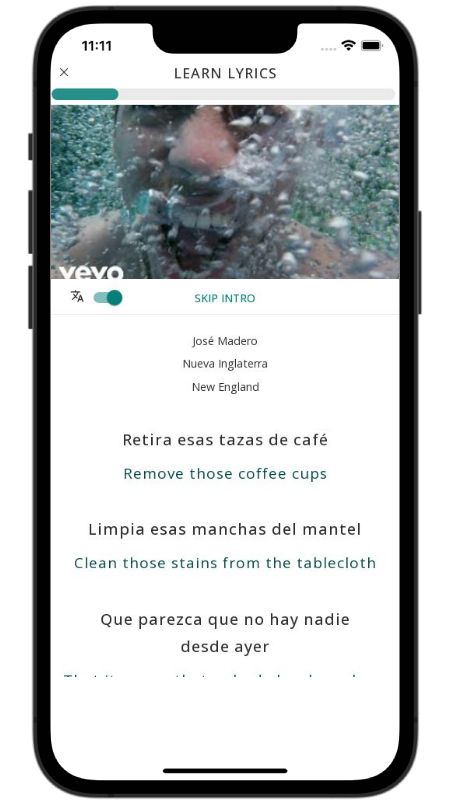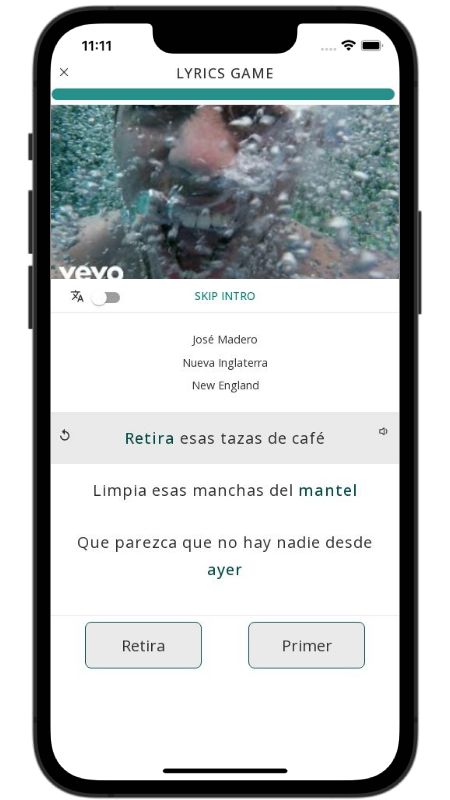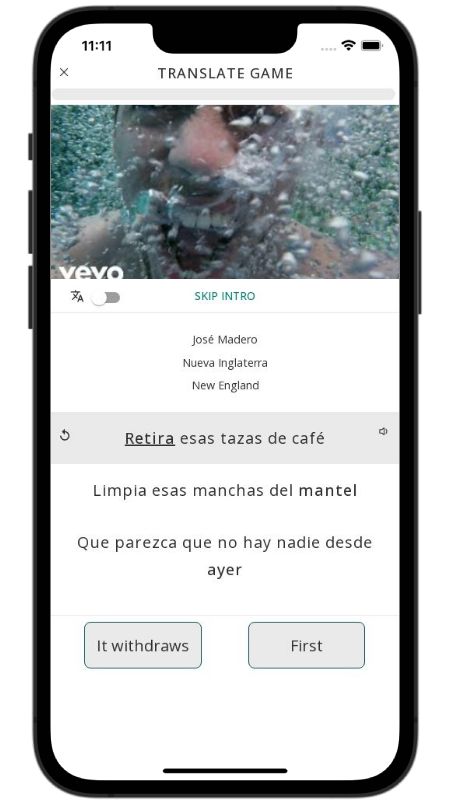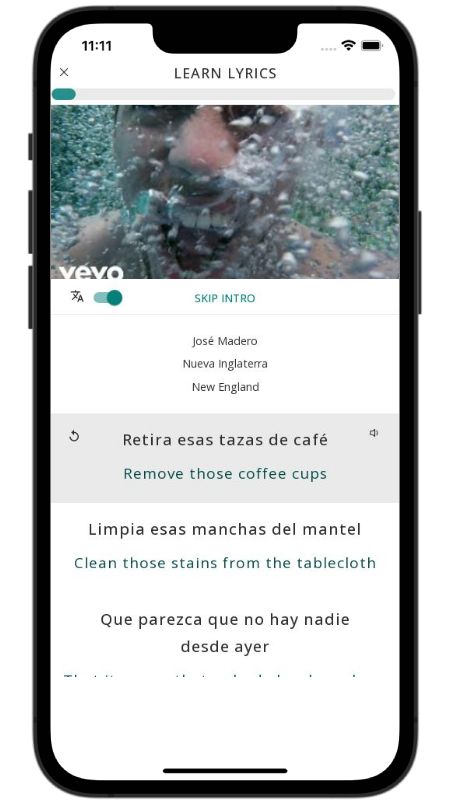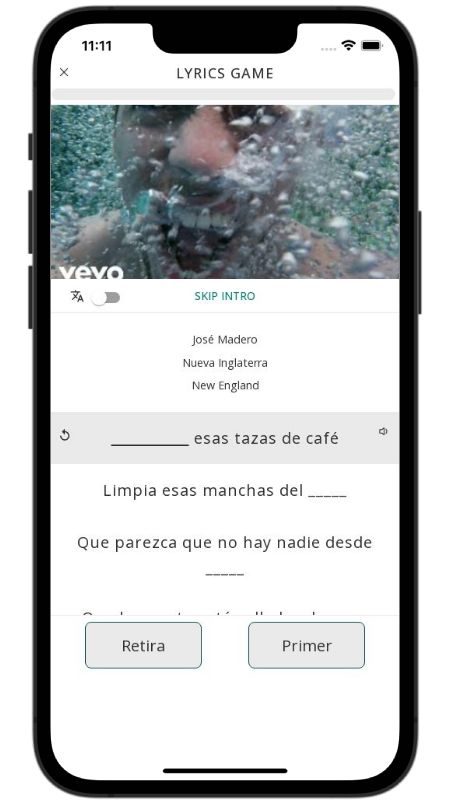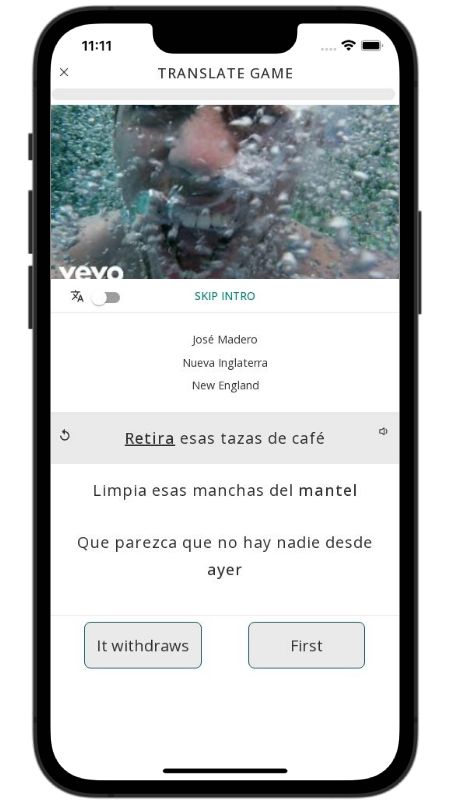Nueva Inglaterra Lyrics in English José Madero
Below, I translated the lyrics of the song Nueva Inglaterra by José Madero from Spanish to English.
These lyrics have verified word for word translations. Click any lyric word to see the translation and hear the pronunciation!
Remove those coffee cups
Clean those stains off the tablecloth
That it looks like there's nobody since yesterday
That the door is sealed to the wall
If she calls, tell her that I went northeast to compose
I only packed a couple pens and paper
Mm-mmm, and that if it seems alright to her
We'll talk later
We'll talk later
Turn off the AC even if it's hot
Cover the windows so that no sun comes in
So that my scent keeps fading
That it looks like a life without color
If she asks why I've left without a goodbye
Tell her that she knows what the reason is
Mm-mmm, and that she pays attention
When her heart beats
When the heart beats
Pay the rent
First day of every month
Unhook the speakerphone
From the telephone
And change the station
That it looks like there's nobody inside
That the 12 keep blinking on the clock
That it feels like a sad sensation
I thank you, endlessly, for this favor
If she asks, tell her that I've gone to my happy place
Where autumn always changes its hue
Mmh-oh-oh, and a scar will form
With some time alone, here
With some time alone, here
And it's not a change from the root, no
And the scar will form
When the world comes to an end
mmm-mmm-mm
Lyrics and Translations Licensed & Provided by LyricFind
Lyrics © Warner Chappell Music, Inc.
Did you like this lyrics translation?
Did you know?
In addition to reading lyric translations, you can now learn Spanish with music and lyrics from your favorite artists.
Yes, including Nueva Inglaterra by José Madero!
No more boring lessons. You can now learn with engaging and culturally relevant lyrics from the best artists.
Apple and App Store are trademarks of Apple Inc.
Google Play and the Google Play logo are trademarks of Google LLC.
MORE JOSÉ MADERO
iOS AppAndroid AppWeb LessonsFree PDF WorksheetsJoin ClassroomLyrics TranslationBlogAbout UsBuy as GiftLifetime

